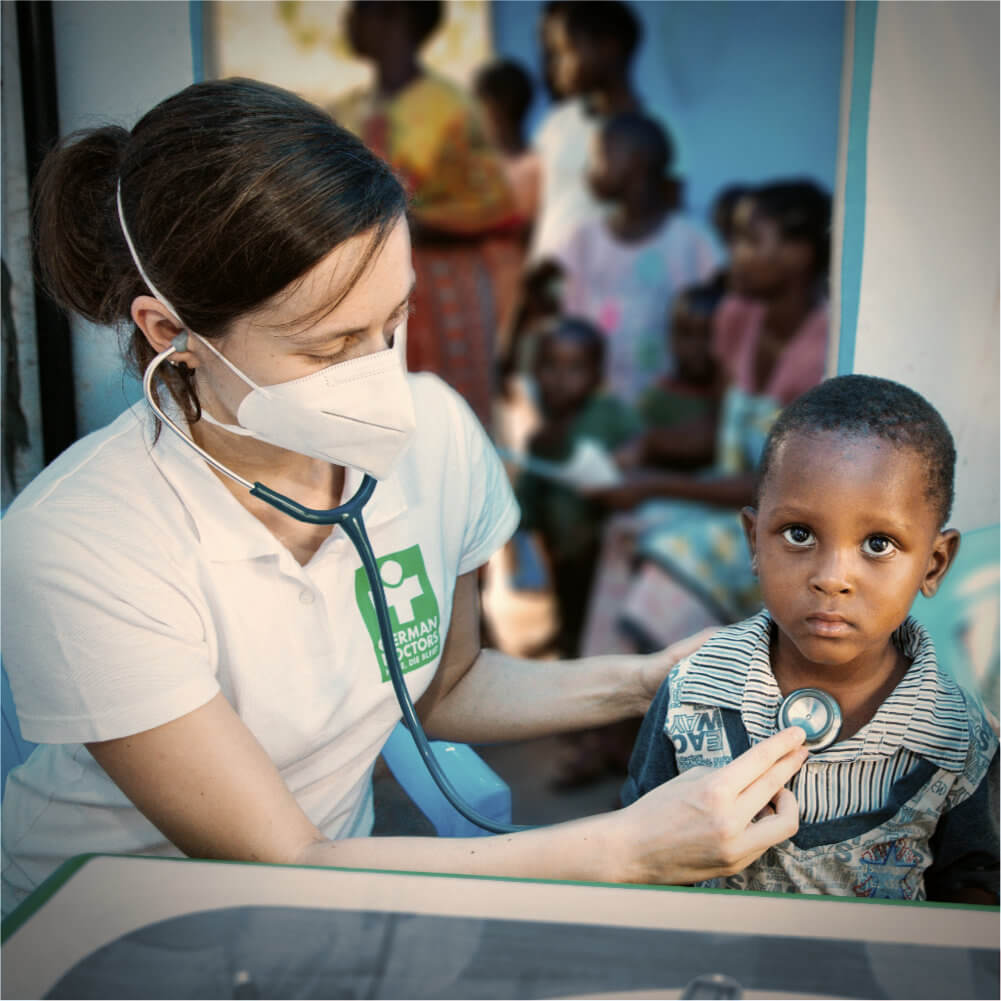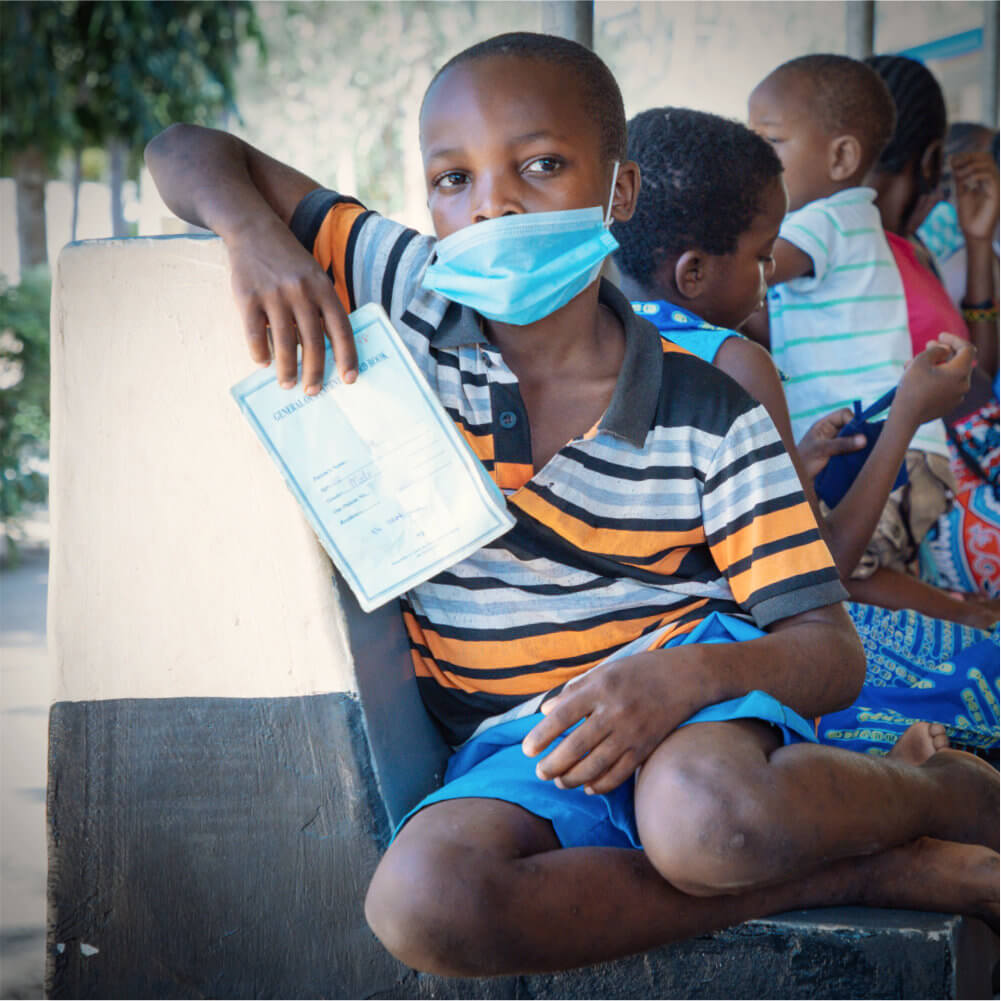




An initiative of Transparency Deutschland e.V.
No uniform rules on issuing public notices are prescribed for charitable organisations In Germany. Nonetheless, any organisation engaged in public welfare should inform the public about which aims the organisation is pursuing, where the funds come from, how they are used, and who makes the decisions.
Following an initiative from Transparency Deutschland e. V., a number of stakeholders from social and academic circles jointly defined ten basic points which every civil organisation should make available to the public. These include the by-laws, the names of the main decision-makers, information about fundraising, utilization of resources, and the staff structure. Signatories of the transparency initiative voluntarily obligate themselves to publish these ten points on their own websites, where they can be easily accessed. The German Doctors also participate.
Ten points on transparency
1. Name, Head Office, Address, Year of foundation
The organisation is called “German Doctors e. V.” with its head office in Bonn, Bad Godesberg. It was founded in 1983 and entered in the register of associations kept at the Bonn Local Court under the number 9695. Its address is: Löbestraße 1a 224, 53173 Bonn, Germany.
2. Purpose and By-Laws
Our work bears testimony to the value and dignity of every individual person. The German Doctors have been sending doctors to countries in the so-called ‘Third World’ since 1983. The aid we provide starts with the basic requirements of the patients. Every kind of illness affects the poorest of the poor especially seriously. In all its projects, the German Doctors is committed to enabling a life in dignity by providing health care, adequate nutrition and basic education for the underprivileged in developing countries. We provide basic medical care, aiming to prevent sickness and disease. We treat illnesses afflicting the poor, such as tuberculosis, and tropical diseases, like malaria. We also provide specialist advice on medicines and pharmaceuticals.
3. Exemption certificate
The German Doctors is exempted from paying corporation tax and trade tax.
4. Names and functions of decision-makers
The association’s institutions are the Executive Board, the Steering Committee, the Advisory Group and the General Assembly.
Executive Board:
Dr. Harald Kischlat, Bonn (General Secretary)
Dr. Christine Winkelmann
The members of the Executive Board work full-time for the organisation.
Supervisory Board:
Dr. Elisabeth Kauder, cardiologist and internist, Tuttlingen (Chairman)
Dr. Marion Reimer, anaesthetist, Cologne (Deputy Chairman)
Dr. Nathalie Rans, pediatrician, Sankt Augustin
Klaus Ritsche, agricultural economist, Erkelenz
Susanne Weber-Mosdorf, economist, Stuttgart
The members of the Steering Committee are volunteers; they advise and supervise the Executive Board in its management.
Advisory Group:
Dr. med. Maria Furtwängler, Munich (President)
Prof. Dr. Peter Eigen
Martin Fuchs
Thomas Zeltner
5. Report on our activities
We issue an annual report on our activities.
6. Staff structure
You can find detailed information about our personal structure under People and Structures. The organigram is also located there.
7. Funding sources
You can find detailed information on our funding sources during the past business year under Finances.
8. Utilization of funds
How funds are allocated is also explained in the section headed Finances. The organisation renders accounts to its members and to the tax authorities by issuing a voluntary annual financial statement comprising a balance sheet, income and loss statement and appendix drawn up in compliance with general accounting principles. The organisation’s annual financial statements, including the accounts, are regularly submitted to a normal audit by a CPA appointed by the General Assembly.
9. Inter-Company agreements
No contracts exist with third parties that might affect the decisions reached by our own organisation.
10. Names of legal entities
Annual grants from legal entities that account for more than 10% of our total annual budget are received from the German Ministry for Economic Cooperation and Development (BMZ).







